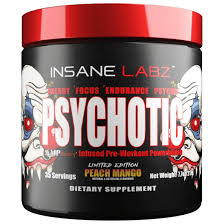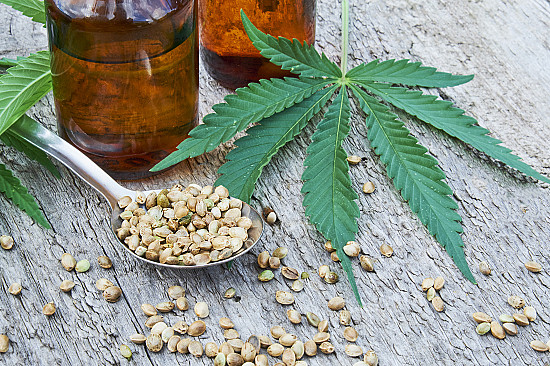The world of fitness supplements is brimming with products promising superhuman results. Recently, a new trend has emerged with the rise of pre-workouts labeled “psychotic.” These supplements boast intense energy boosts, laser focus, and unparalleled endurance, often using aggressive marketing tactics. But before diving headfirst into this intense category, it’s crucial to understand the facts and potential risks.
Dissecting the Hype: What’s in a Name?
The term “psychotic” in these supplements is purely for marketing purposes. It doesn’t imply any psychoactive properties but rather aims to create an association with extreme focus and energy. These pre-workouts typically contain a blend of ingredients, some well-studied and others less so. Here are some common components:
- Stimulants: Caffeine is a mainstay, offering an energy boost but potentially causing jitters and anxiety. Other stimulants like synephrine may raise heart rate and blood pressure.
- Focus Enhancers: Ingredients like L-tyrosine and choline aim to improve focus and cognitive function. However, their effectiveness in pre-workouts is debatable.
- Performance Boosters: Creatine and beta-alanine are established supplements that can enhance endurance and muscle strength.
- Vasodilators: L-citrulline and other ingredients may increase blood flow, potentially leading to better nutrient delivery to muscles.
The Potential Benefits: A Measured Approach
Some ingredients in “psychotic” pre-workouts can offer genuine benefits. Caffeine, for example, can improve alertness and focus. Creatine is well-supported by research for its role in muscle growth and recovery. However, it’s important to remember these benefits are often dose-dependent and may vary between individuals.
Weighing the Risks: Not All Hype is Harmless
The aggressive marketing tactics surrounding “psychotic” pre-workouts often downplay the potential risks. Here are some concerns to consider:
- High Stimulant Doses: Excessive amounts of stimulants like caffeine can lead to anxiety, insomnia, and heart palpitations. This is especially worrisome for individuals with pre-existing health conditions.
- Proprietary Blends: Many “psychotic” pre-workouts contain proprietary blends, making it difficult to determine the exact amount of each ingredient. This lack of transparency can be risky, especially for those with allergies or sensitivities.
- Unregulated Ingredients: Some pre-workouts may contain unstudied or even banned substances. These can have unpredictable and potentially dangerous side effects.
A Safer and More Effective Approach
Instead of chasing the “psychotic” hype, consider a more balanced and personalized approach:
- Focus on a Healthy Diet: A nutritious diet provides the essential building blocks your body needs to perform optimally.
- Prioritize Quality Sleep: Adequate sleep is crucial for muscle recovery and cognitive function. Aim for 7-8 hours of sleep nightly.
- Explore Natural Energy Sources: Coffee, green tea, and certain fruits offer natural energy boosts without the jitters.
- Consider Individualized Supplements: Creatine and protein powder can be beneficial when used appropriately. However, consult a healthcare professional or registered dietician for personalized recommendations.
Conclusion: Beyond the Marketing Hype
“Psychotic” pre-workouts may entice with promises of extreme results, but a healthy dose of skepticism is crucial. Understanding the ingredients, potential risks, and alternative strategies will empower you to make informed choices. Remember, the best workout supplement is a well-rounded approach that prioritizes overall health and a sustainable training regimen.


